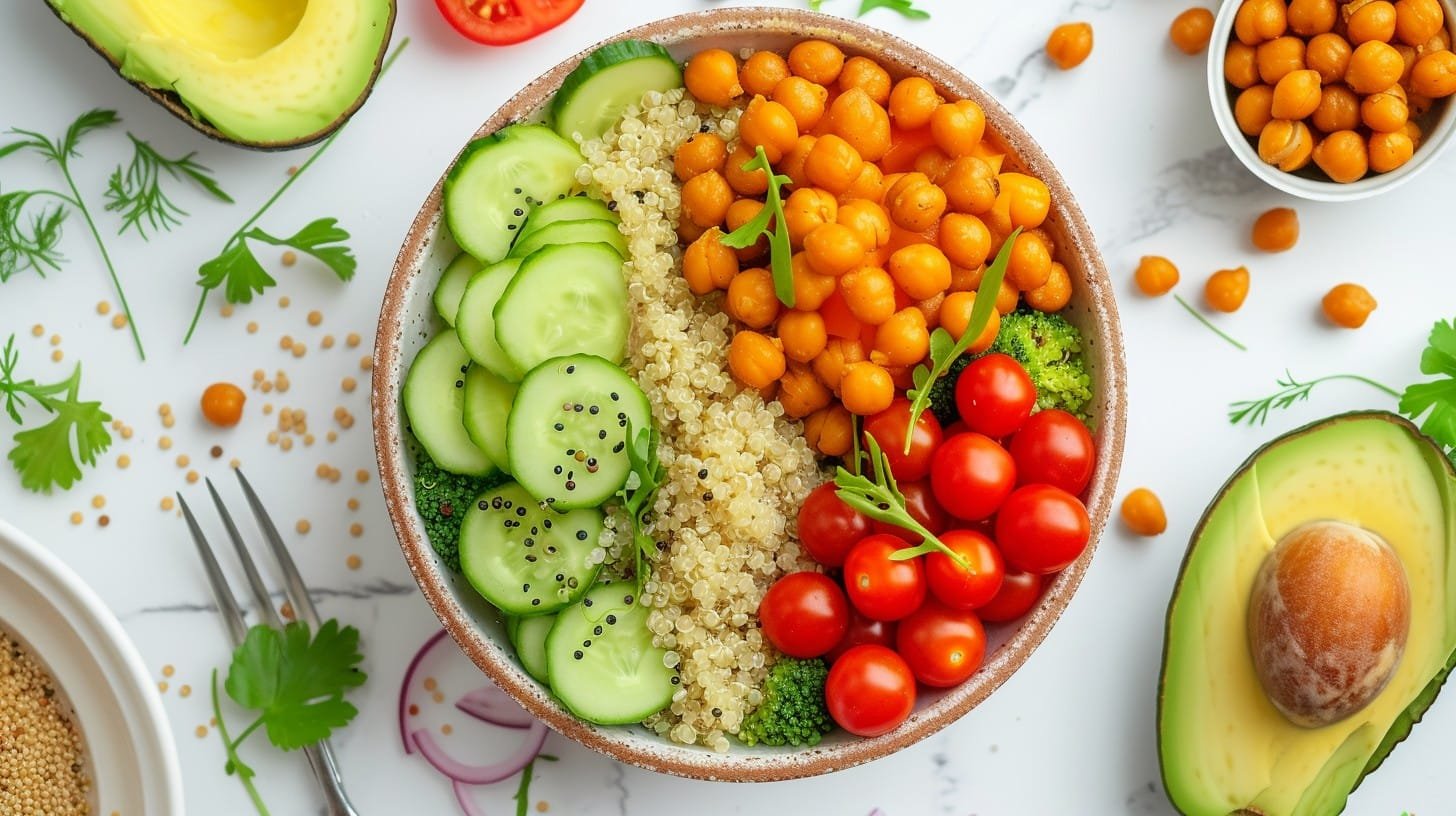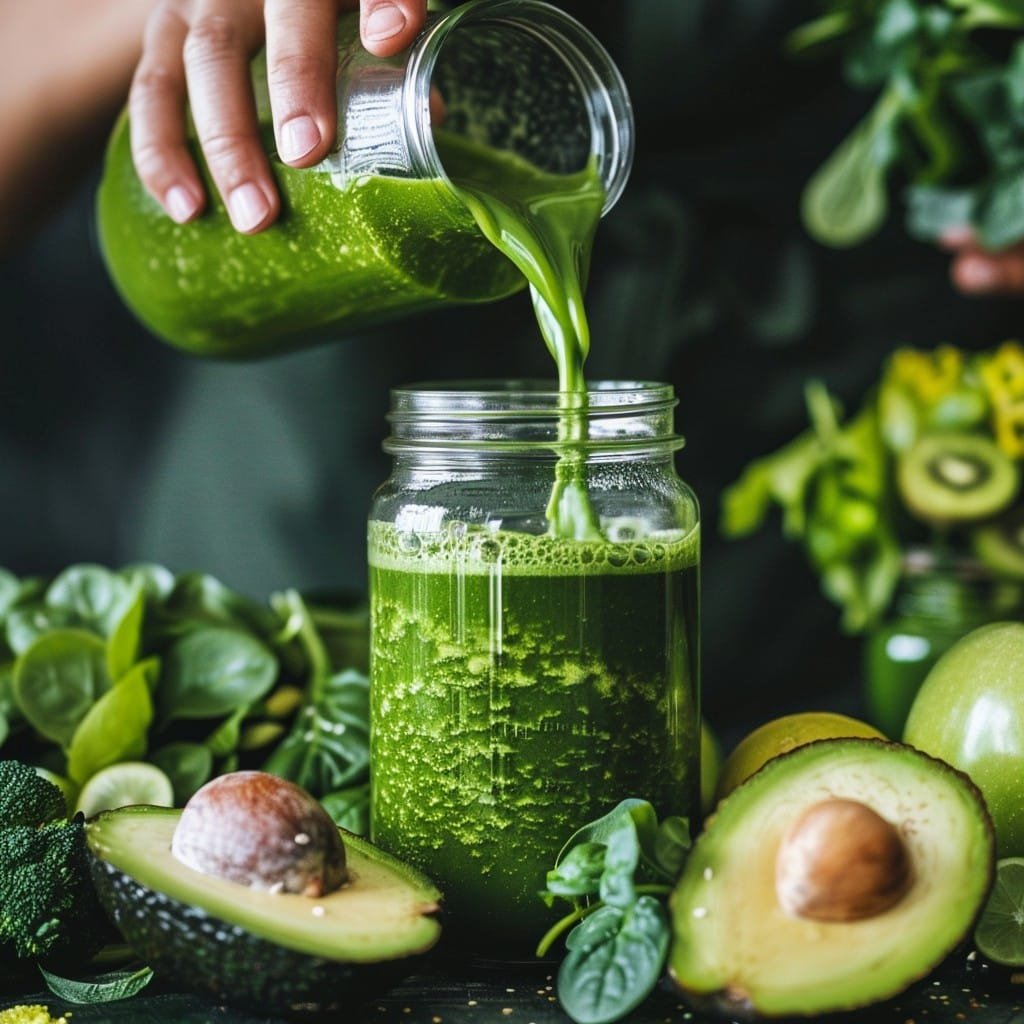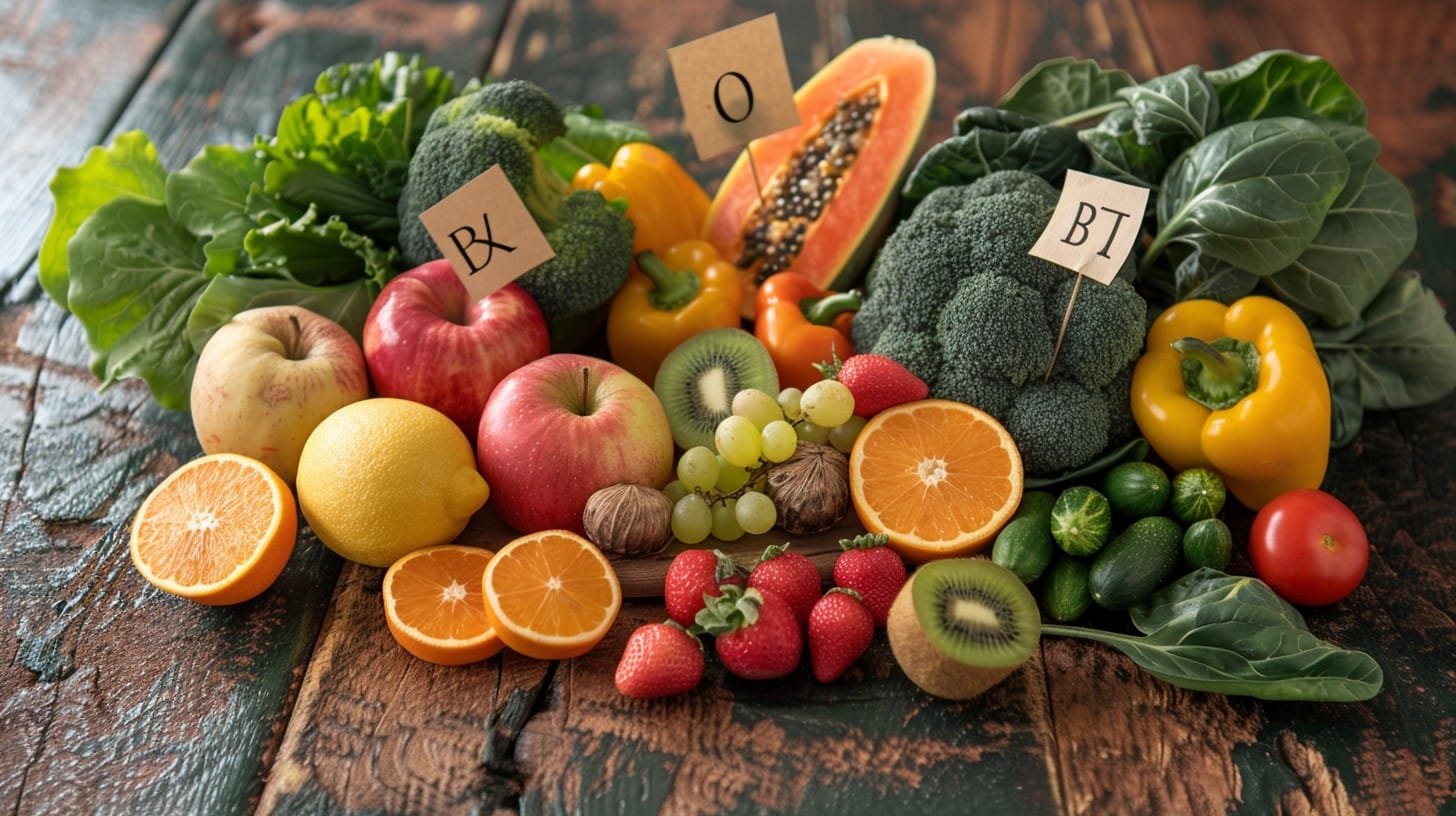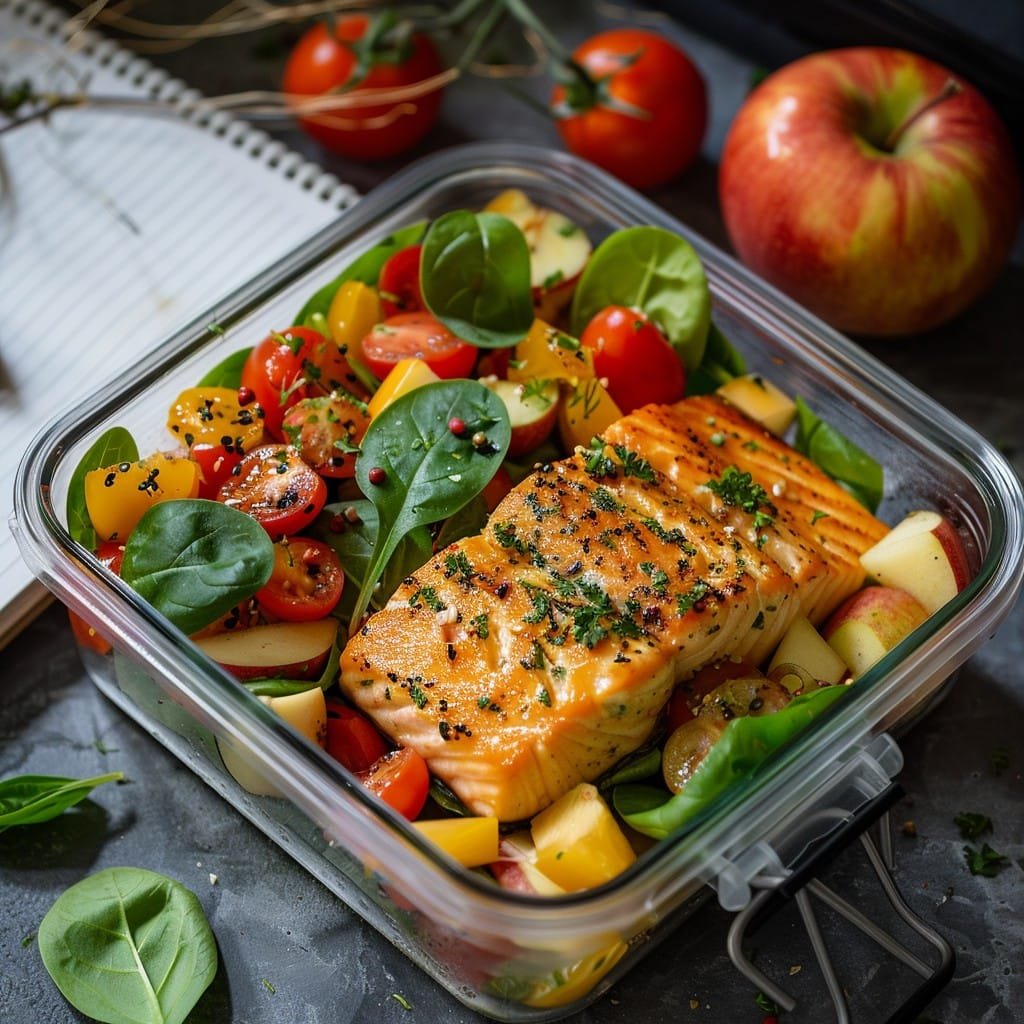As we age, our nutritional needs evolve. For seniors, maintaining a balanced diet is crucial for sustaining energy, promoting bone health, and supporting the heart and immune system. Healthy Snack Ideas for Seniors, Healthy snacks can bridge nutritional gaps, provide essential vitamins and minerals, and help avoid spikes in blood sugar levels. In this guide, we’ll explore simple and nutrient-packed snack options tailored for seniors to keep them nourished and energized.

Why Snacking Matters for Seniors
Snacking can play a significant role in a senior’s diet, offering several benefits:
- Maintains Energy Levels: Smaller, frequent snacks can help prevent energy dips and fatigue.
- Boosts Nutrient Intake: Healthy snacks can add extra vitamins, minerals, and protein that might be missing from meals.
- Aids Digestion: Smaller portions spread throughout the day can be easier to digest and help reduce bloating or discomfort.
Let’s dive into snack ideas that meet these needs, keeping both nutrition and enjoyment in mind.
Healthy Snack Ideas for Seniors
Greek Yogurt with Fresh Berries
Greek yogurt is a rich source of protein and probiotics, which support muscle health and digestion. Adding fresh berries such as blueberries or strawberries offers a natural sweetness along with antioxidants that boost brain function and heart health.
Quick Tip: Choose plain Greek yogurt to avoid added sugars, and consider adding a sprinkle of ground flaxseeds for extra fiber.
Oatmeal with Nuts and Dried Fruits
Oatmeal provides fiber that can help regulate blood sugar and cholesterol. Mixing in nuts (like walnuts or almonds) and dried fruits (like raisins or apricots) makes it an excellent source of healthy fats, fiber, and iron. Plus, it’s easy to prepare and gentle on the stomach.
Preparation Tip: Use quick oats for a fast snack or prepare overnight oats for convenience. Opt for unsweetened dried fruits to keep sugar content low.
Sliced Apples with Nut Butter
Apples are high in fiber and vitamin C, making them an ideal snack for digestion and immune support. Pairing apple slices with almond or peanut butter adds healthy fats and protein, helping to keep seniors feeling full longer.
Serving Idea: Sprinkle cinnamon on the apples for an added antioxidant boost and a touch of flavor without extra sugar.
Cottage Cheese with Pineapple or Cherry Tomatoes
Cottage cheese is packed with protein and calcium, which are essential for bone health. Topping it with pineapple chunks adds a touch of sweetness, while cherry tomatoes bring in vitamin C and antioxidants. It’s a versatile snack option that can go sweet or savory.
Health Tip: Choose low-fat cottage cheese for a lighter snack option, and rinse canned pineapple to reduce added sugars if fresh is unavailable.
Veggie Sticks with Hummus
Fresh vegetables like carrots, cucumbers, and bell peppers are rich in fiber and essential vitamins. Pairing them with hummus, which is made from chickpeas, provides protein and fiber. This combination is a low-calorie, nutrient-dense snack that’s satisfying and easy to prepare.
Preparation Tip: Pre-cut veggie sticks and portion out hummus into small containers for easy grab-and-go snacking.
Avocado Toast on Whole Grain Bread
Avocado toast has become popular for its simplicity and health benefits. Avocados are full of healthy fats, potassium, and fiber. Pairing mashed avocado with a slice of whole-grain toast provides complex carbs that help maintain stable blood sugar.
Serving Suggestion: Sprinkle some chia seeds or pumpkin seeds on top for added texture and a boost of omega-3s and magnesium.
Mixed Nuts and Seeds
A small handful of mixed nuts and seeds (like almonds, walnuts, pumpkin seeds, and sunflower seeds) is a powerhouse snack that offers healthy fats, fiber, and protein. They support brain health, heart health, and joint mobility—especially beneficial for seniors.
Health Tip: To avoid excess sodium, choose unsalted varieties and keep portions controlled, as nuts are calorie-dense.
Smoothie with Leafy Greens and Fruits
Smoothies can be a fantastic way for seniors to get a variety of nutrients in a single, easy-to-consume form. A blend of leafy greens (like spinach or kale), fruits (like bananas or berries), and Greek yogurt or a protein powder provides vitamins, minerals, and protein.
Recipe Idea: Try blending a banana, handful of spinach, ½ cup Greek yogurt, and some almond milk. Add a small spoonful of honey for natural sweetness if desired.
Hard-Boiled Eggs with Cherry Tomatoes
Hard-boiled eggs are convenient and full of high-quality protein and B vitamins, which aid in energy production and muscle health. Paired with cherry tomatoes, this snack is low in calories but packed with nutrients.
Preparation Tip: Keep a few hard-boiled eggs ready in the fridge for quick snacking, and season with a pinch of black pepper or paprika for flavor.
Rice Cakes with Cottage Cheese and Sliced Cucumber
Rice cakes are low-calorie and light, making them a good base for nutrient-dense toppings. Adding cottage cheese and cucumber slices creates a refreshing, high-protein snack that’s also hydrating.
Serving Suggestion: Choose whole-grain rice cakes for added fiber, and sprinkle some fresh herbs, like dill or chives, for extra flavor.
Additional Tips for Healthy Snacking
- Focus on Hydrating Snacks: Seniors often face dehydration. Snacks with high water content, like cucumbers, watermelon, or yogurt, can help keep them hydrated.
- Balance Protein and Fiber: Pair protein (like eggs, yogurt, or cheese) with fiber (like fruits, veggies, or whole grains) to create snacks that satisfy hunger without spikes in blood sugar.
- Limit Processed Snacks: While convenient, processed snacks can be high in sodium, sugar, and unhealthy fats, which can negatively impact heart health and blood pressure. Opt for whole foods when possible.
- Practice Portion Control: Smaller portion sizes prevent overeating and make digestion easier, especially for seniors with slower metabolisms.
Conclusion
Healthy snacking for seniors doesn’t have to be complicated. The best snacks are nutrient-dense, easy to prepare, and delicious. By including these options in their diet, seniors can stay energized, maintain their bone and muscle health, and support their immune systems—all while enjoying satisfying, tasty bites. Encourage seniors to experiment with different snacks to find those they enjoy most, and remember that even small dietary changes can make a big impact on overall health.








